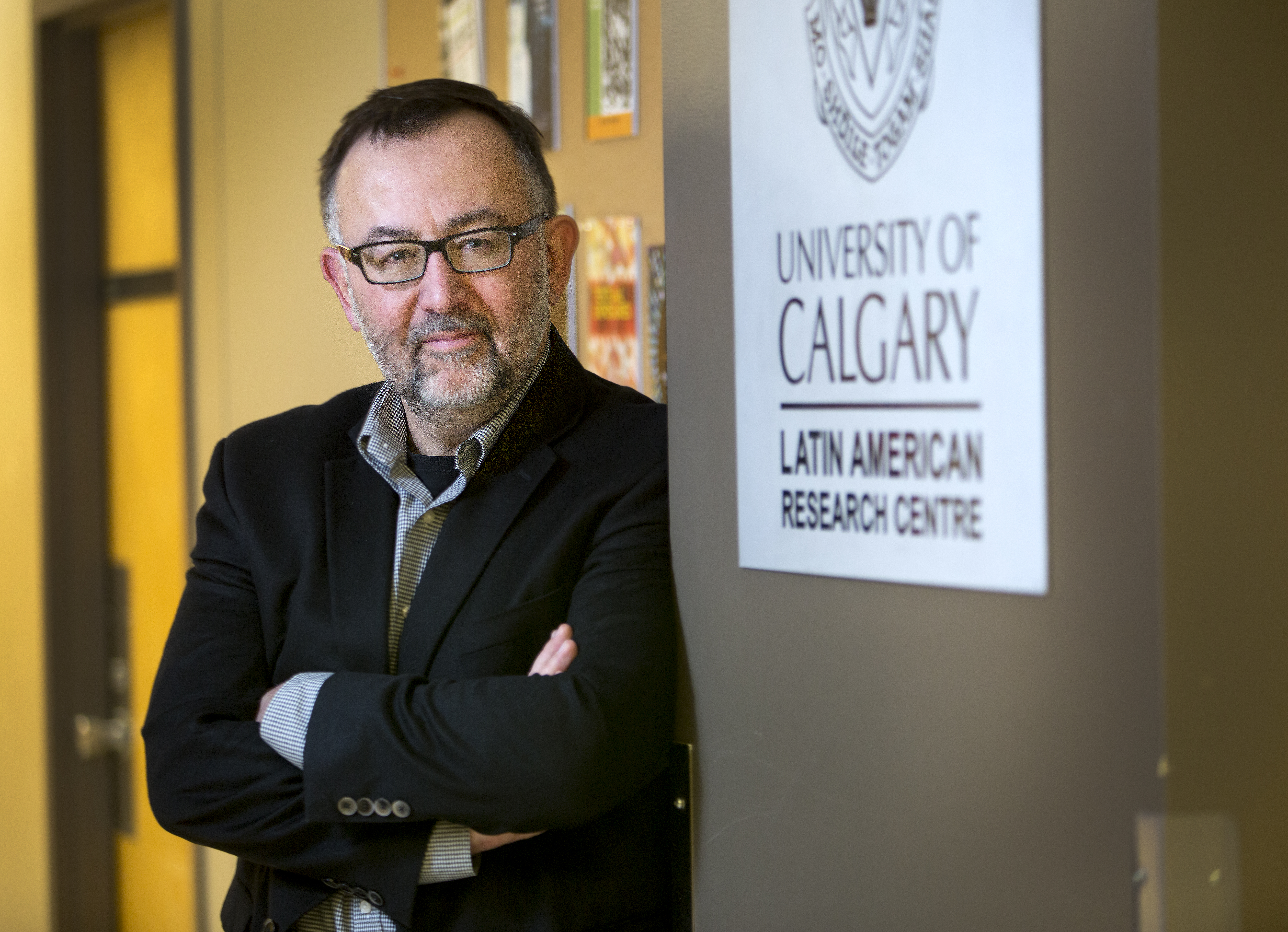Latin American Research Centre
we expand horizons

 The LARC’s mission is to serve as a catalyst for the creation of knowledge. To be sure, our primary focus is Latin America. But just as Latin Americans themselves have broad horizons, so do we.
The LARC’s mission is to serve as a catalyst for the creation of knowledge. To be sure, our primary focus is Latin America. But just as Latin Americans themselves have broad horizons, so do we.
While the LARC’s roots at the U of C stretch back decades, it is also part of an emerging new generation of area studies centres. In recent years, some have questioned the necessity and even challenged the validity of area studies. If the world is becoming increasingly connected and globalized, why devote resources toward the study of a single region? Shouldn’t we focus on global approaches that cut across regions?
One possible response to this challenge is to ignore it, and to go on working on high-quality research focused on Latin America, or any other region, regardless of the critics. While there is nothing wrong that, especially if you happen to be in a research community that generously endows such work, the critique has often meant dwindling resources. As public funds for higher education have become scarce, area studies centres and programs have been on the chopping block.
The LARC’s view is that in crisis there is opportunity, to retool and refocus. The University of Calgary is blessed to have a long-standing community of scholars with a deep interest in Latin America, dating back to the early years of the university, and stretching across many different faculties. Building on this core multi-disciplinary community, we are committed to continue to broaden our horizons. That means, especially, erasing the distinction between those working “on” vs. those working “in” Latin America. Area studies programs and centres have traditionally been grounded in the humanities and social sciences, built around a core community of experts “on” the region. But the LARC also engages with many experts working in the region, in disciplines such as medicine, biology, engineering, or business.
It’s an exciting time at the LARC. We are committed not only to serving as a link to the region, but also to broadening the scope of what constitutes area studies.
Connect with us. We want to hear from you.
Pablo Policzer